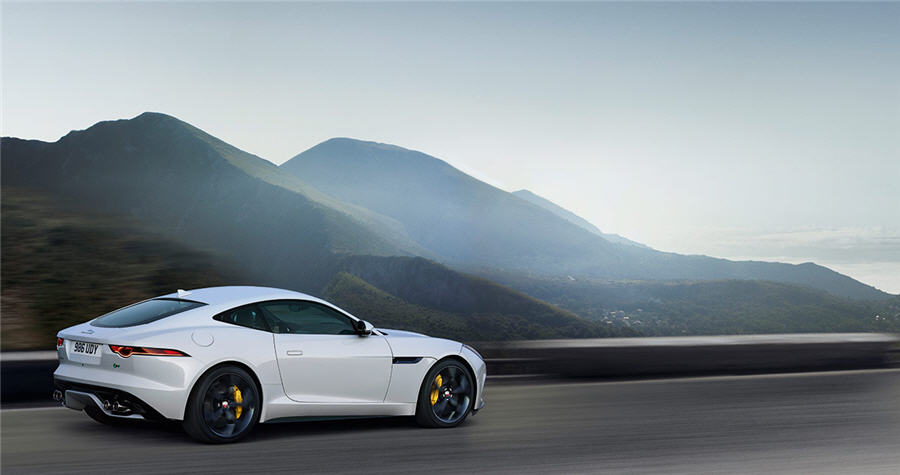Japan aluminium industry worried about U.S. automobile import tariffs

TOKYO, July 25 (Reuters) – Japan’s aluminium industry is more concerned over possible U.S. import tariffs on automobiles that could impact a wider range of the country’s industries than the U.S. duties already imposed on the light metal, the head of a trade body said on Wednesday.
In May, U.S. President Donald Trump ordered a national security probe into imports of automobiles. Similar national security probes were the precursor to the imposition of import tariffs of 25 percent on steel and 10 percent on aluminium in March.
“If trade wars including autos becomes real, it will give an impact beyond our imagination” Ichiro Okamoto
“We have not seen major damages from the U.S. duties,” Japan Aluminium Association Chairman Ichiro Okamoto said in an interview with a small group of media, because Japanese firms export mostly higher-end products that are not easily replaced by local U.S. products.
“What’s more worrisome is about the U.S. threat on auto tariffs as it will have a huge impact on Japanese industries including aluminium,” he said.
Around 15 percent of Japan’s 2 million tonnes of rolled aluminium production goes to the auto sector.
The industry body will collaborate with Japanese government in its effort to prevent further U.S. action, said Okamoto, who is also president of Nippon Light Metal Holdings.
The aluminium industry has been roiled after the United States imposed sanctions on Russia’s United Company Rusal in April that prevented customers with U.S. exposure from buying metal from the world’s second-largest aluminium producer.
Aluminium prices on the London Metal Exchange jumped 35 percent to seven-year highs after the sanctions announcement, but an extension of the deadline for companies to wind down contracts with Rusal quieted the market down amid expectations for sanctions to be lifted.
“We are hopeful that the situation will return to normal,” Okamoto said, adding Japanese companies are widening supply sources to respond any future emergencies.
Going forward, Okamoto sees a key growth opportunity in automobiles, including electric vehicles, as carmakers seek to cut the weight of vehicles to help slash emissions and meet tough government pollution standards.
Metals consultancy CRU has forecast demand for aluminium from electric and hybrid vehicles to increase ten times to nearly 10 million tonnes by 2030.
“Aluminium can be used in auto bodies as well as internal parts,” Okamoto said.
Demand for aluminium foils used in package of automotive lithium-ion battery is also rapidly rising, he said.
“The packaging materials require high quality and this is where Japanese manufacturers can input advanced technology.”
(Reporting by Yuka Obayashi; Editing by Christian Schmollinger)
{{ commodity.name }}
{{ post.title }}
{{ post.date }}




Comments